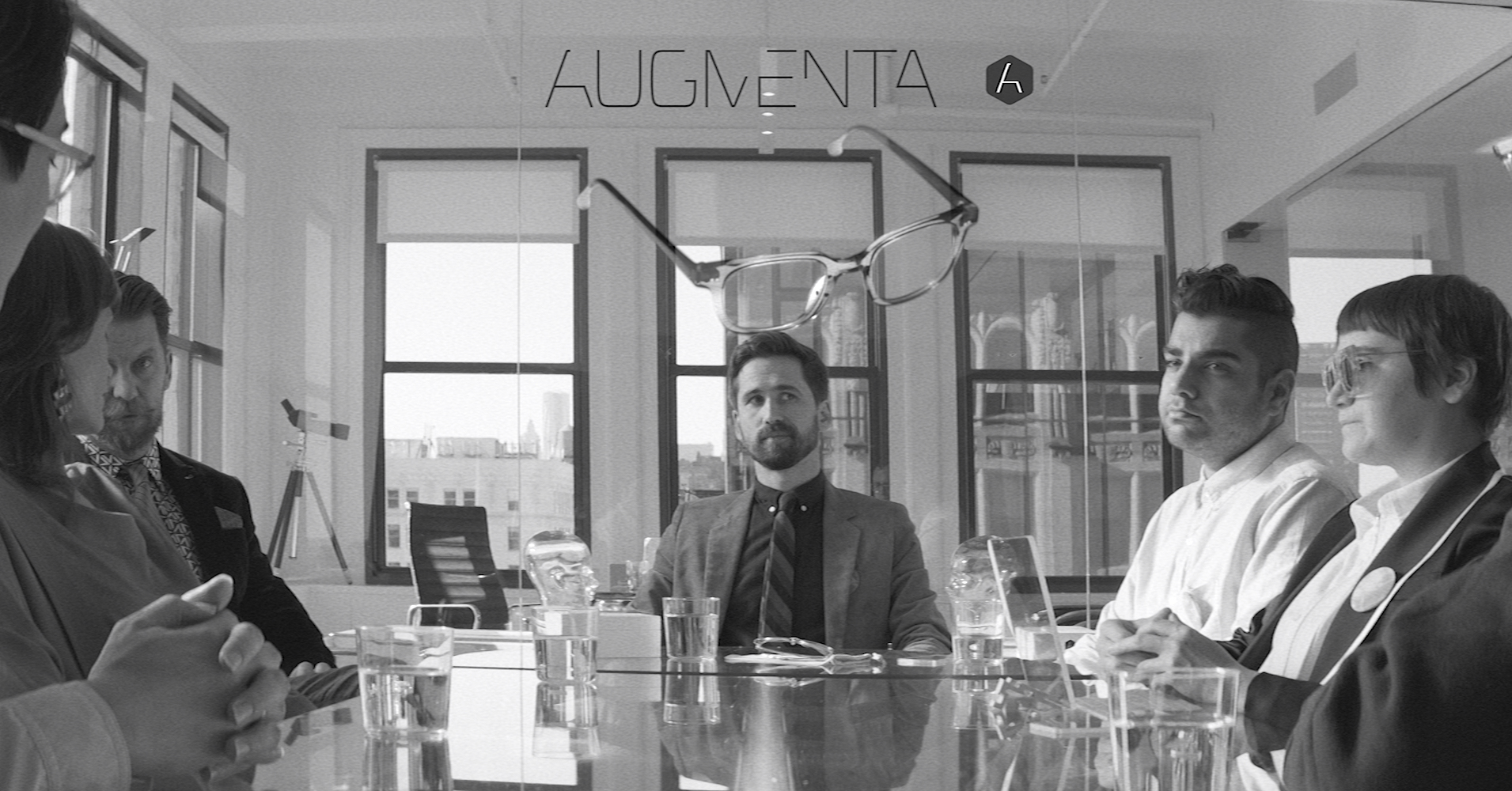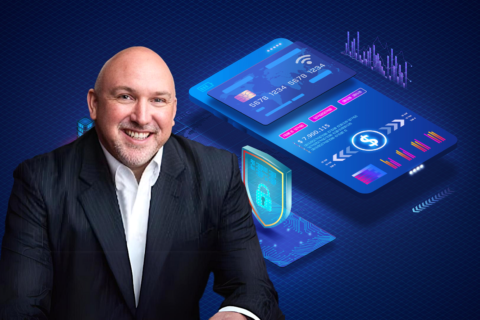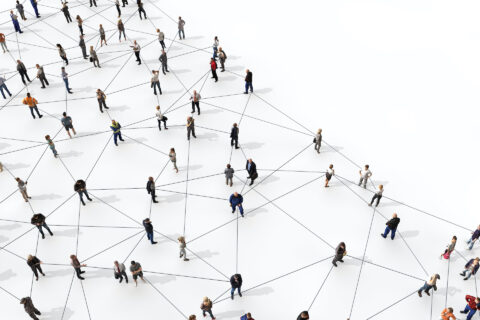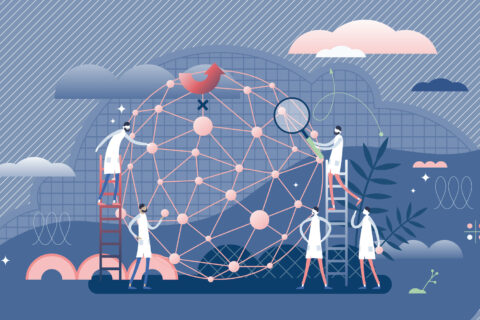As cliche as the Internet of Things (IoT) has become, it still has yet to reach it’s full potential among connected devices in today’s day and age. We commonly overlook the Internet of Things, especially as new technologies emerge.
Things as simple as setting a “Home” and “Work” location on your GPS across devices is a product of the IoT. Though such a system has already began to revolutionize specific industries like BIM systems (designing a building collaboratively using one coherent system of computer models rather than as separate sets of drawings) in the engineering field or even heightening online security across devices.
As we continue to use more devices in our daily lives, there will be an increasing need to keep them connected. The IoT has even been used as the core of new business models. Tech giants have made it a namesake in their services, take WeMo (technology that allows you to manage home electronics from anywhere) and even Google Maps, for example.
The use cases are endless and will continue to evolve with the changing tech landscape. Here are four industries that will benefit specifically from the Internet of Things this year and for years to come.
Augmented Reality
In its scariest fashion, the Internet of Things will find a good home among augmented reality devices. Though augmented reality is still considered to be in its infancy, the adoption of these new computing headsets and how they apply to everyday life may not be too far away. The relationship between the Internet of Things and products like Microsoft Hololens or Meta 2 is a simple one – pulling data in real-time when HMDs are pointed at products.
This opens doors for a truly digital world where product information and analysis will become as normal as eyesight. See a shirt you like on the way to work? You already know where it’s from, five cheaper options, and where to purchase in a moment’s time.
This is where it gets scary – this could mean AR facial recognition and other personal information readily available with the ease of a glance, when wearing an augmented reality headset.
Smart appliances
Essentially the IoT has created a method of communication between technology mart products and it’s manifesting well in consumer facing things, like the Amazon Echo for example. At the most basic level of smart appliances rest the coffee makers that start automatically at a set time.
Now there is a sense of connectivity among in-home products and that area is only expected to expand. The ecosystem around smart appliances is beginning to take the menial, everyday tasks off of the shoulders of homeowners.
Interconnected objects like the Amazon Echo act as your personal assistant and allow you to control smart products and other orders simply through voice command. Standard kitchen appliances are becoming digital solutions as well and will comply with any aligned echo system. The Samsung Family Hub Refrigerator debuted at CES 2016 and it’s the first of a long line of smart refrigerators.
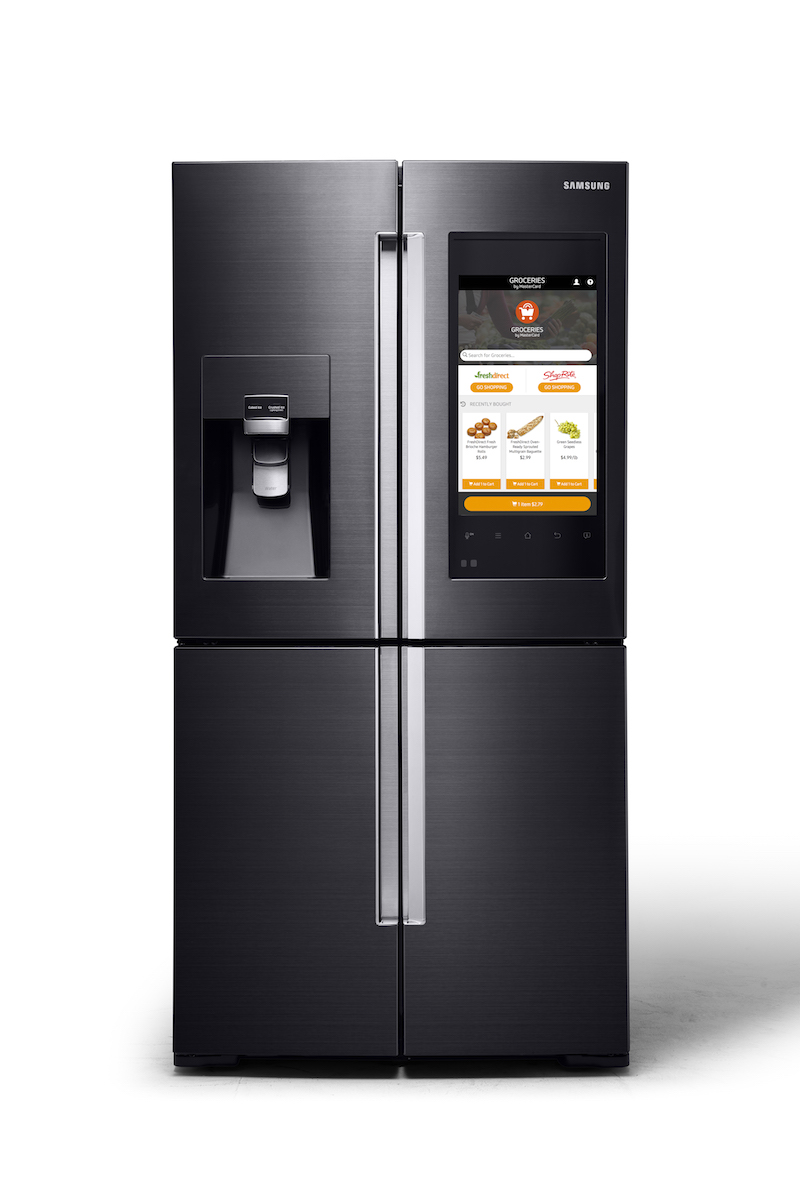
The Samsung Family Hub has a 21.5 inch tablet embedded right in the refrigerator door, but it’s connectedness seeks to keep families more connected and it’s shelves always stocked. Families are able to sync multiple calendars and share photos between brother and sister or even post them to the front of refrigerator through a simple text message.
The IoT even enables the Samsung Refrigerator to preload a morning news brief that delivers headlining news, the weather and traffic data right through the refrigerator’s screen. This Samsung model also takes pictures of the inside of the fridge every time the door is closed and sends them to your smartphone, just in case you forget what you need from the supermarket.
Smart appliances are utilizing the Internet of Things to create a connected network in your home.
FinTech
Financial technology is a hotbed in 2016 for the millennial audience. As banks fight to adopt younger users, financially focused startups are using the Internet of Things to create business models that are thriving in the smartphone era.
The Internet of Things is making consumer shopping much more accessible, yet it still has a ways to go. Currently, contactless payments are possible through IoT. In lieu of the Amazon Echo reference made earlier, it only requires a one line command to reorder products through Amazon or shop through other Amazon providers.
A similar trend that’s happening in FinTech is how consumers can make purchases in-store through one’s phone, as opposed to a credit card. American Express is allowing purchases through digital cards stored in your personal smartphone, making payments to vendors a much quicker process. Such a trend could soon influence people to go without wallets.
The future of the IoT in the fintech industry will be curated financial advice. Millennials aren’t too inline with traditional money saving methods but the Internet of Things could generate advice based on spending behavior.
For example, services are already intact that can transfer $50 to your savings account for every $100 you spend. But the IoT will also use geo location and influence spending habits based on where you are. Fintech services will soon shoot you a text message, suggesting that you pass up on your favorite coffee shop because you’re nearby.
Personal Health
With recent announcement of the Apple HealthKit, it’s clear that health analysis and smartphones will always compliment one another at a grander scale. As personal health care progresses in the digital age, the Internet of Things will make it more proactive.
With Apple’s Healthkit, developers are open to create applications that read and write health activity data. This opens a market for apps that can send automated reports to your doctor if any data is alarming.
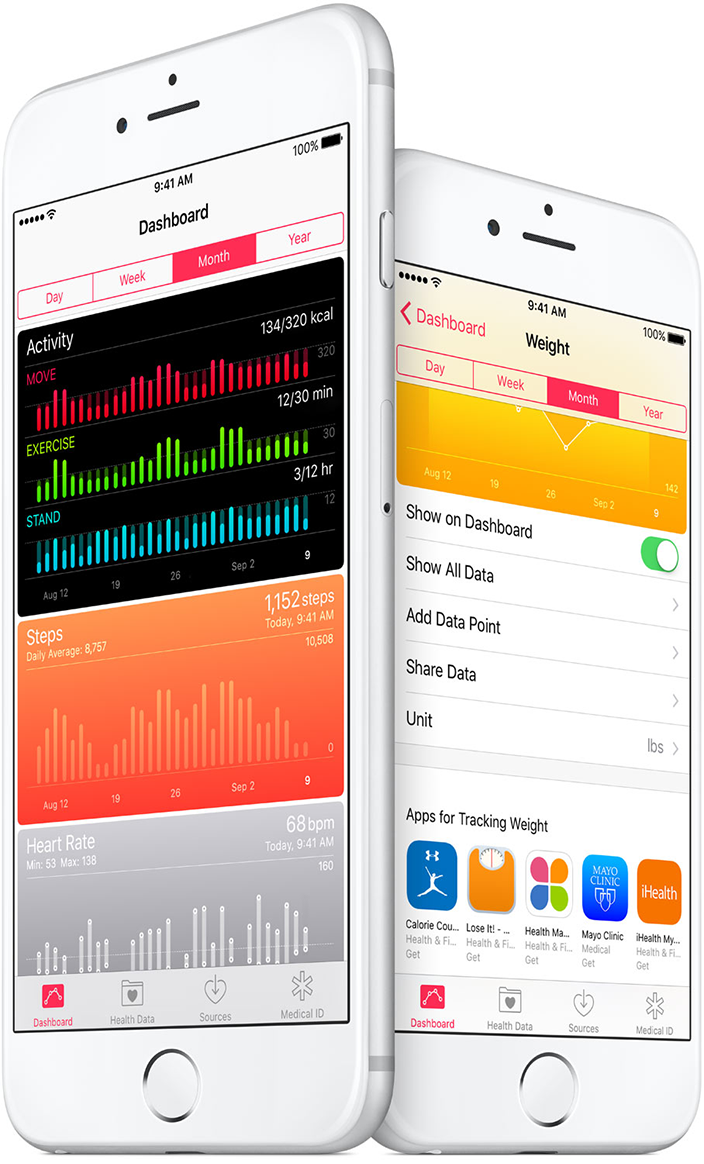
The IoT will also allow applications to generate fitness exercises from research that are just right for you based on your health wants and needs. As personal health monitoring grows, the Internet of Things could create a network built for your lifestyle.
The IoT could demand that your coffee pot make less coffee if your caffeine levels are high this morning, or ask that you stock your fridge with more organic options. This connected system can easily keep everyone and everything on the same page in regards to your health.
Certainly these are just a few industries that the Internet of Things will have a huge impact on. Nonetheless, it’s creating a more connected life between you and your devices. How do you think these markets will shape in the near future?
This article has been edited and condensed.
Dennis Williams is a Content Marketing Manager at Augment. Dennis has published articles with over 1M article views on LinkedIn Pulse speaking on digital marketing and creating communities. Connect with @AugmenteDev on Twitter.
© YFS Magazine. All Rights Reserved. Copying prohibited. All material is protected by U.S. and international copyright laws. Unauthorized reproduction or distribution of this material is prohibited. Sharing of this material under Attribution-NonCommercial-NoDerivatives 4.0 International terms, listed here, is permitted.
